15 GPTs for Traffic Laws Powered by AI for Free of 2026
AI GPTs for Traffic Laws refer to advanced generative pre-trained transformers specifically designed or adapted to handle tasks and topics related to traffic regulations and laws. These AI tools leverage the power of GPT technology to offer tailored solutions in understanding, interpreting, and applying traffic laws, making them highly relevant for automating legal advice, generating educational content, and enhancing regulatory compliance. Their role in the traffic law domain exemplifies the adaptability of GPTs in providing sector-specific insights and solutions.
Top 10 GPTs for Traffic Laws are: Guía de Conducción España,California Drivers Handbook,Drive Genius,Profesor Vial Chile,Driving,Roadwise Instructor,Florida Driving Coach,Roadwise Coach,Raúl - Preparador de test de autoescuela,自動車教習所GPT
Guía de Conducción España
Empowering your driving test journey with AI.

California Drivers Handbook
Empowering safe and informed driving
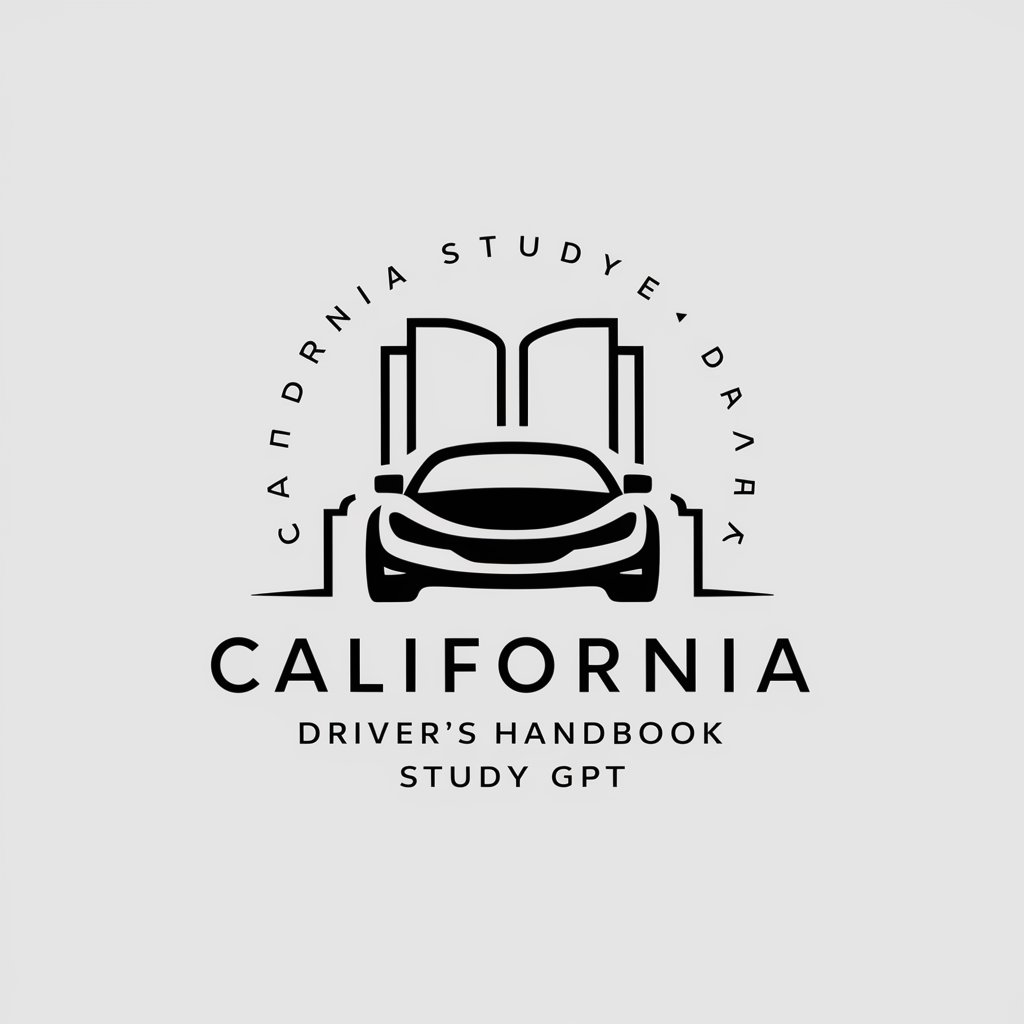
Drive Genius
Drive smarter, safer, greener.
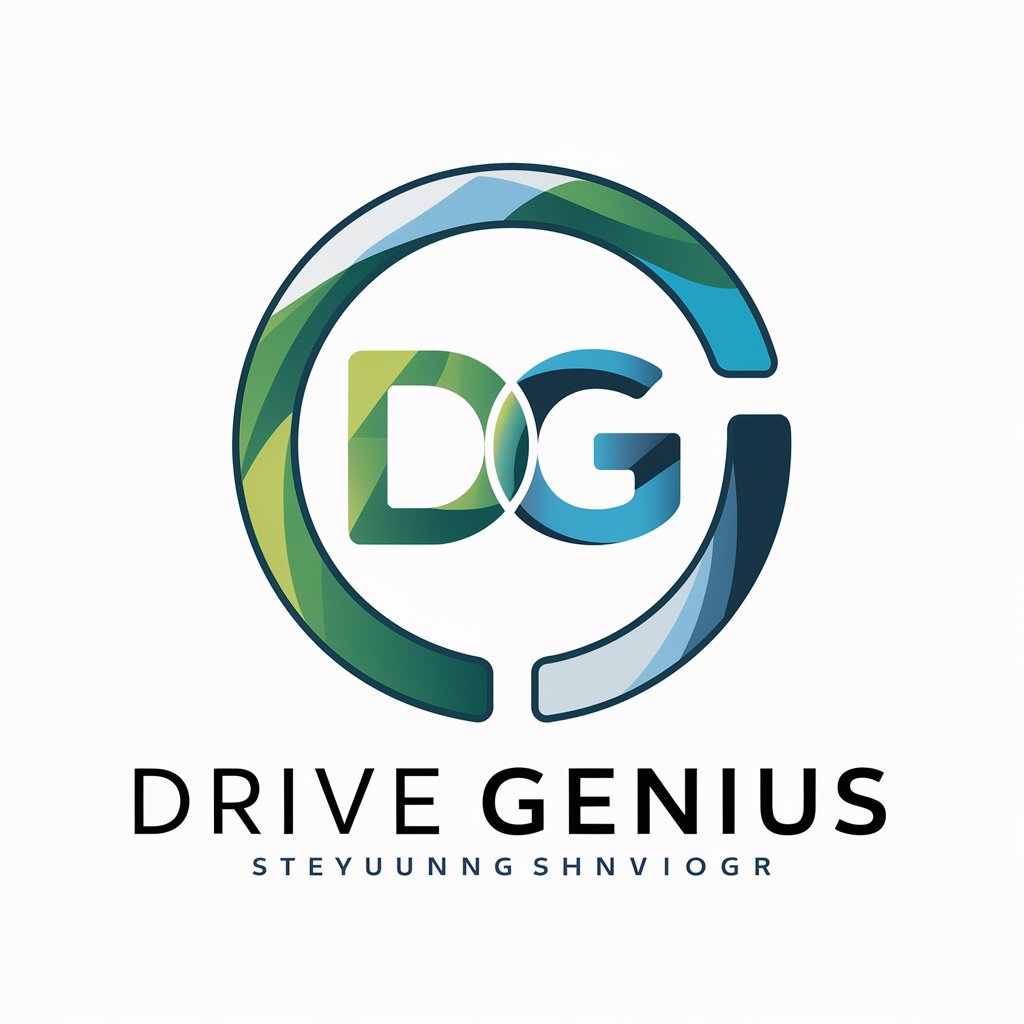
Profesor Vial Chile
Navigate Chilean Roads with AI

Driving
Navigate safely with AI-powered driving insights
Roadwise Instructor
Drive smart with AI-powered lessons

Florida Driving Coach
Master the road with AI-driven guidance.
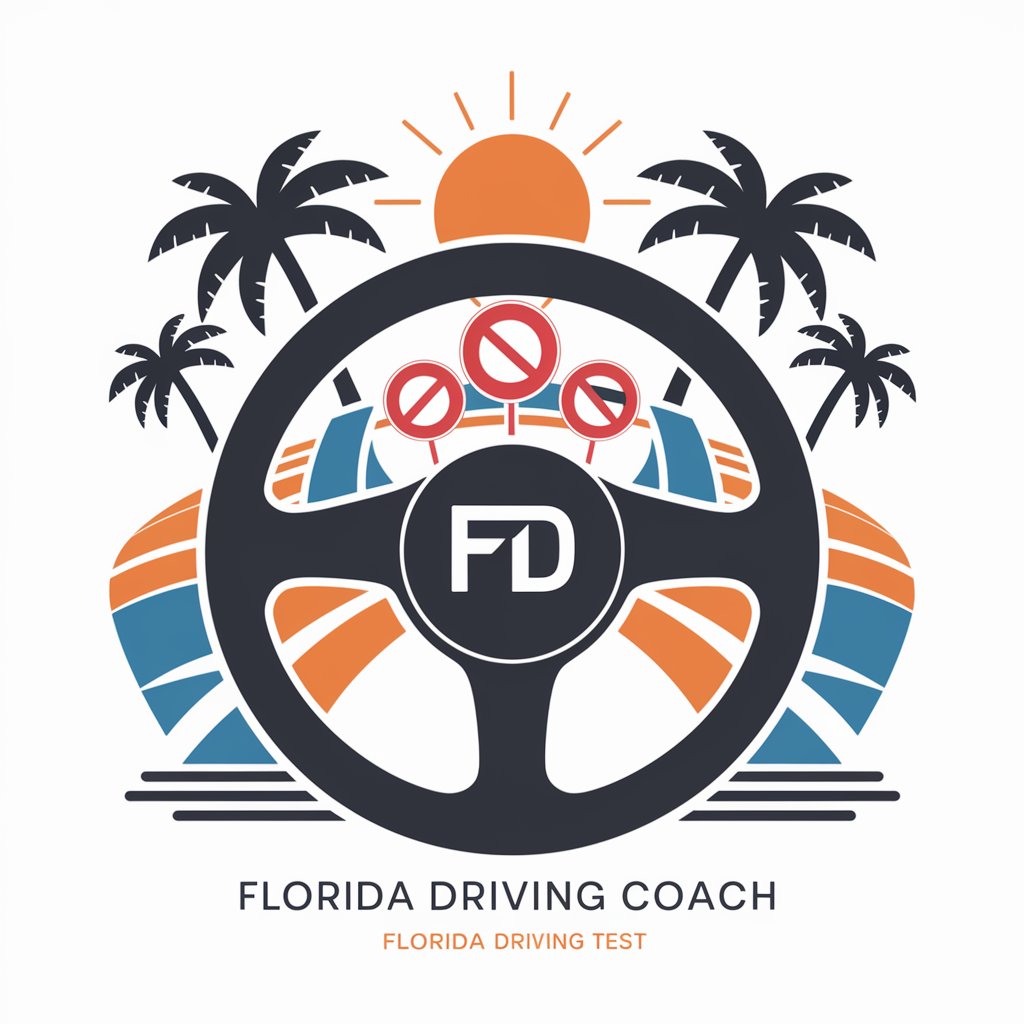
Roadwise Coach
Drive smarter, not harder, with AI.

Raúl - Preparador de test de autoescuela
Ace your driving test with AI-powered guidance
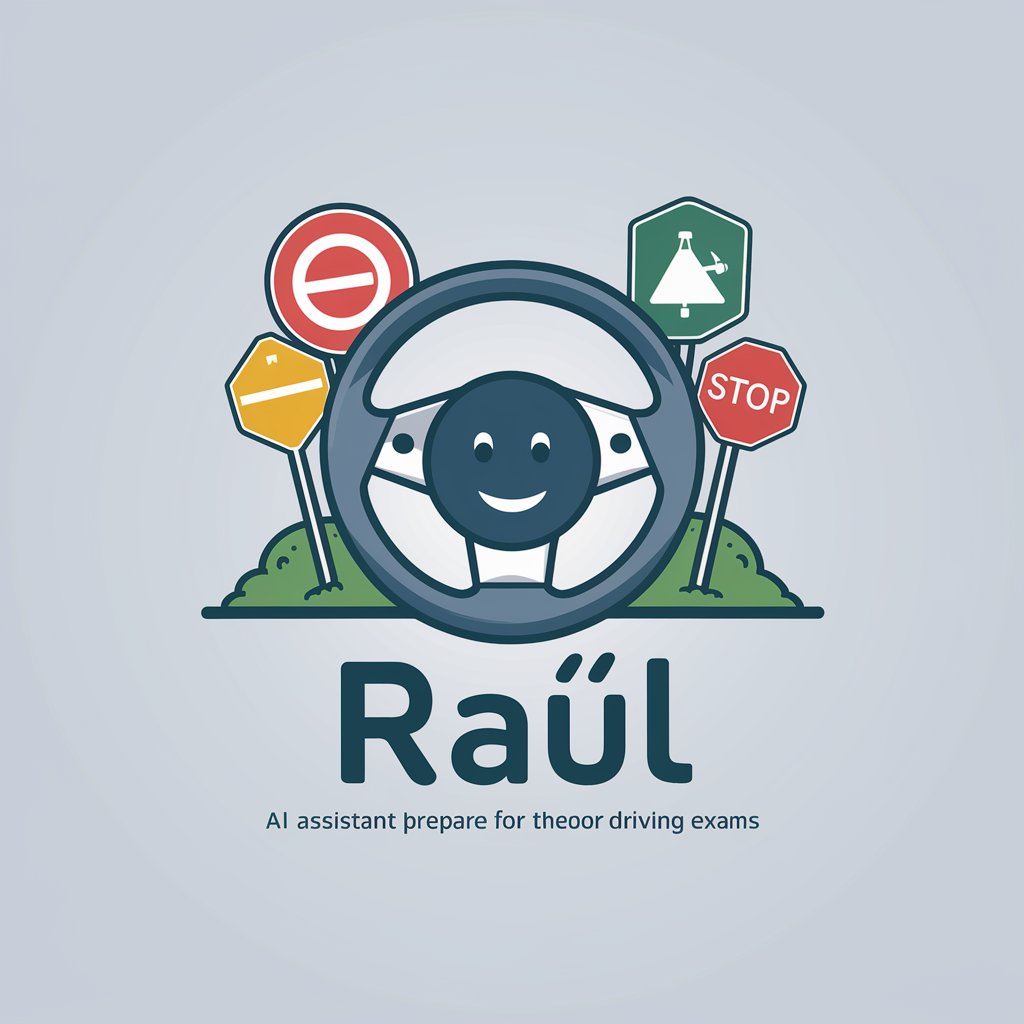
自動車教習所GPT
Master the Road with AI
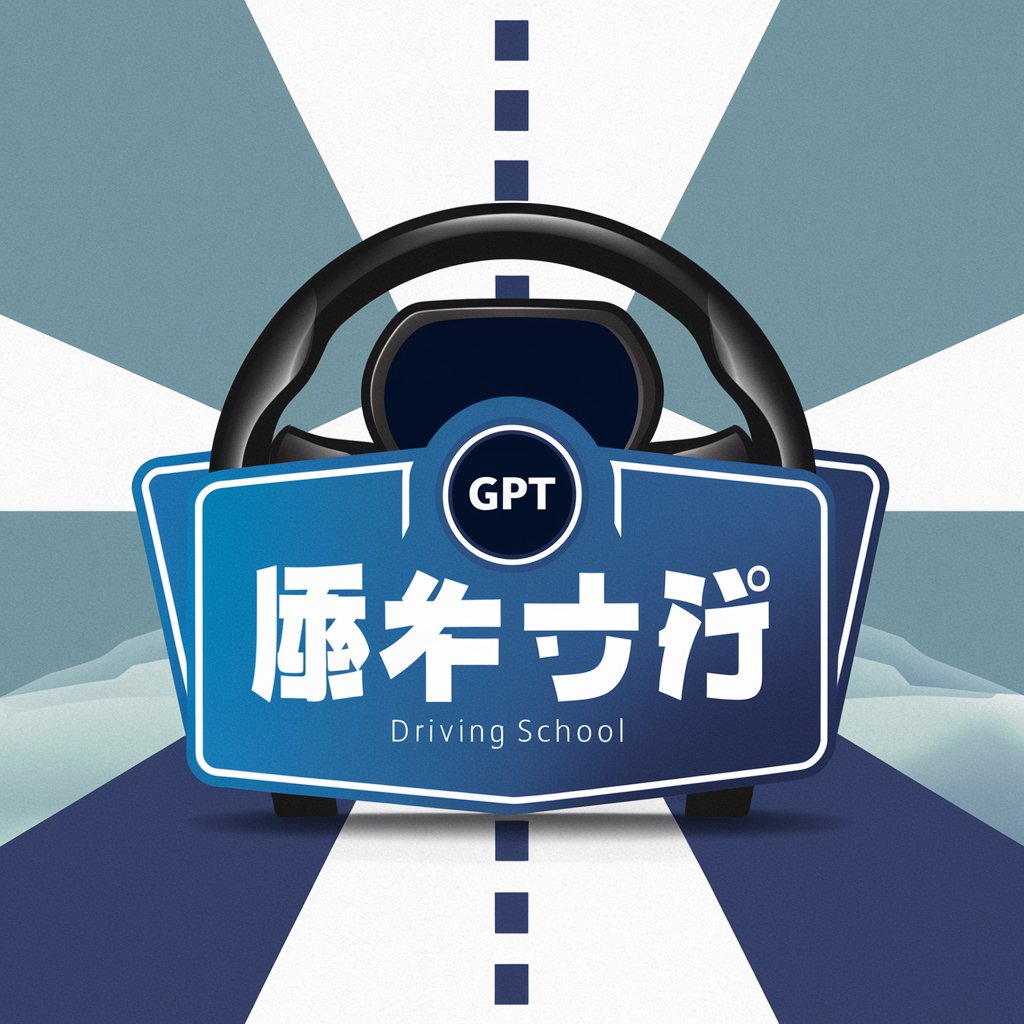
Wheel Whiz
Master the Road with AI-Powered Prep

License Guide AI
Empowering drivers with AI-powered guidance
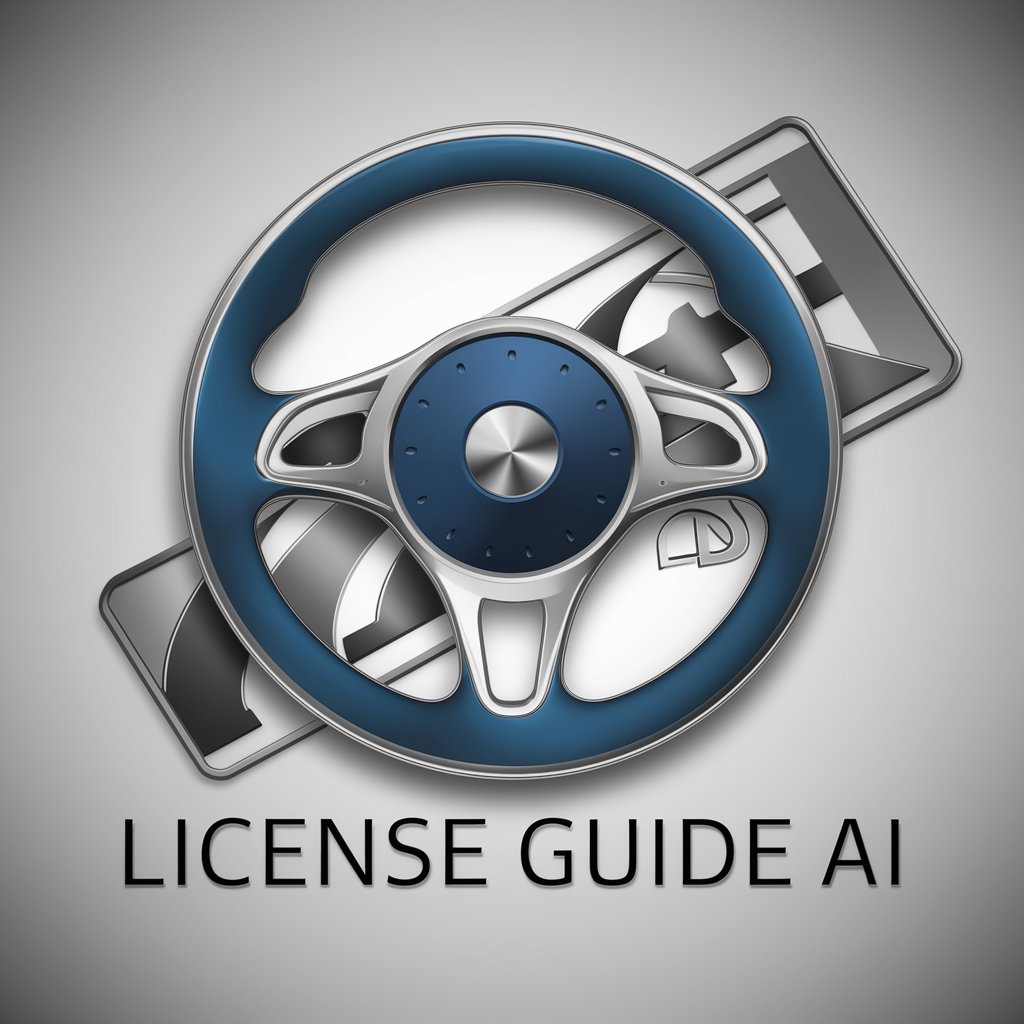
Instructor Vial
Master driving theory with AI-powered guidance

Kansas Driving Guide
Navigating Kansas Driving with AI

California DMV
AI-powered California DMV Assistant
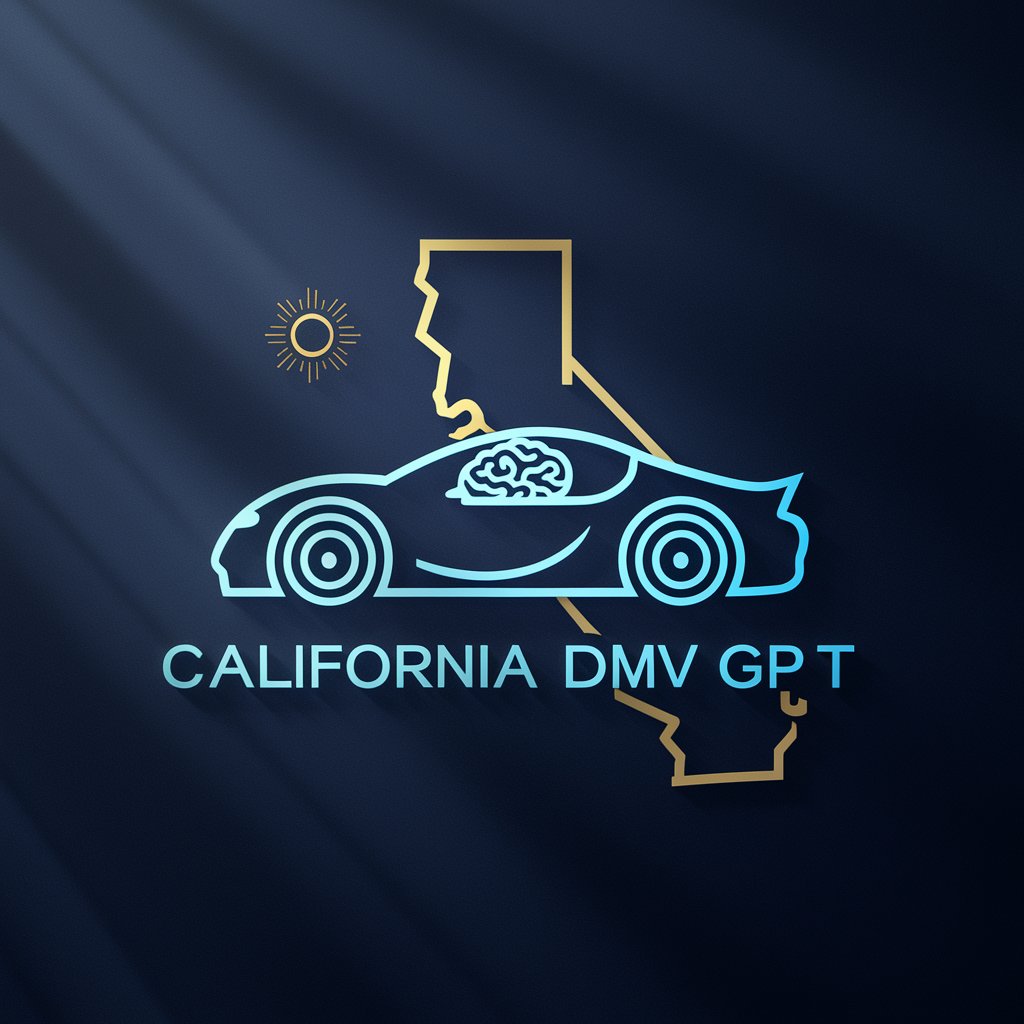
Key Characteristics and Capabilities of Traffic Law AI Tools
AI GPTs tools for Traffic Laws exhibit unique features such as high adaptability to various traffic law contexts, language learning for understanding legal terminology, technical support for legal professionals, web searching for the latest traffic regulations, image creation for educational purposes, and data analysis for traffic law compliance. These tools can be tailored from simple Q&A formats to complex legal advice applications, making them versatile in addressing the needs of the traffic laws domain.
Who Benefits from Traffic Law AI Applications
The primary beneficiaries of AI GPTs tools for Traffic Laws include legal novices seeking to understand traffic regulations, developers creating traffic law-related applications, and professionals in the legal and law enforcement fields requiring up-to-date information and analysis. These tools are designed to be accessible to users without coding skills while offering customization options for those with programming expertise, thereby catering to a wide audience.
Try Our other AI GPTs tools for Free
Practical Skills
Discover how AI GPTs for Practical Skills can revolutionize learning and application in various fields with tailored, user-friendly solutions.
Species Conservation
Explore how AI GPTs are revolutionizing Species Conservation, offering innovative solutions for biodiversity protection and sustainable environmental efforts.
Ecosystem Assessment
Discover how AI GPTs for Ecosystem Assessment can transform environmental management and conservation with advanced data analysis and predictive insights.
Genetic Analysis
Discover AI GPTs for Genetic Analysis: tailored AI tools revolutionizing genetic research with advanced data analysis, insights, and personalized medicine applications.
Trait Enhancement
Discover how AI GPTs for Trait Enhancement can revolutionize personal and professional development with tailored learning experiences and real-time feedback.
Strain Development
Discover how AI GPTs for Strain Development revolutionize microbial strain research with predictive analytics, simulation, and tailored AI solutions.
Enhancing Traffic Law Compliance and Education with AI
AI GPTs for Traffic Laws not only provide immediate access to traffic regulations and legal advice but also offer a user-friendly interface for engaging with complex legal information. Their ability to be integrated with existing systems or workflows further exemplifies their versatility, making them a valuable asset for enhancing compliance, education, and safety in the traffic law sector.
Frequently Asked Questions
What are AI GPTs for Traffic Laws?
AI GPTs for Traffic Laws are specialized AI tools that utilize generative pre-trained transformers to provide solutions and insights specifically related to traffic regulations and laws.
How can these tools be used in the traffic laws domain?
They can be used for automating legal advice, generating educational content, enhancing regulatory compliance, and providing up-to-date traffic law information.
Who can benefit from using AI GPTs tools for Traffic Laws?
Legal novices, developers, and professionals in the legal and law enforcement fields are the primary beneficiaries.
Do I need programming skills to use these AI GPTs tools?
No, these tools are designed to be accessible to users without coding skills, but they also offer customization options for those with programming expertise.
Can these tools adapt to different jurisdictions' traffic laws?
Yes, AI GPTs tools for Traffic Laws are highly adaptable and can be tailored to understand and apply the specific traffic laws of different jurisdictions.
How do these tools stay updated with the latest traffic laws?
These tools can integrate web searching capabilities to continuously update their knowledge base with the latest traffic regulations and laws.
Can AI GPTs for Traffic Laws generate visual content for educational purposes?
Yes, they can create images and diagrams to help illustrate and educate users on traffic laws and regulations.
How can developers customize AI GPTs tools for specific traffic law applications?
Developers can utilize programming interfaces provided by these tools to tailor functionalities, integrate with existing systems, and develop specific applications for traffic law compliance and education.